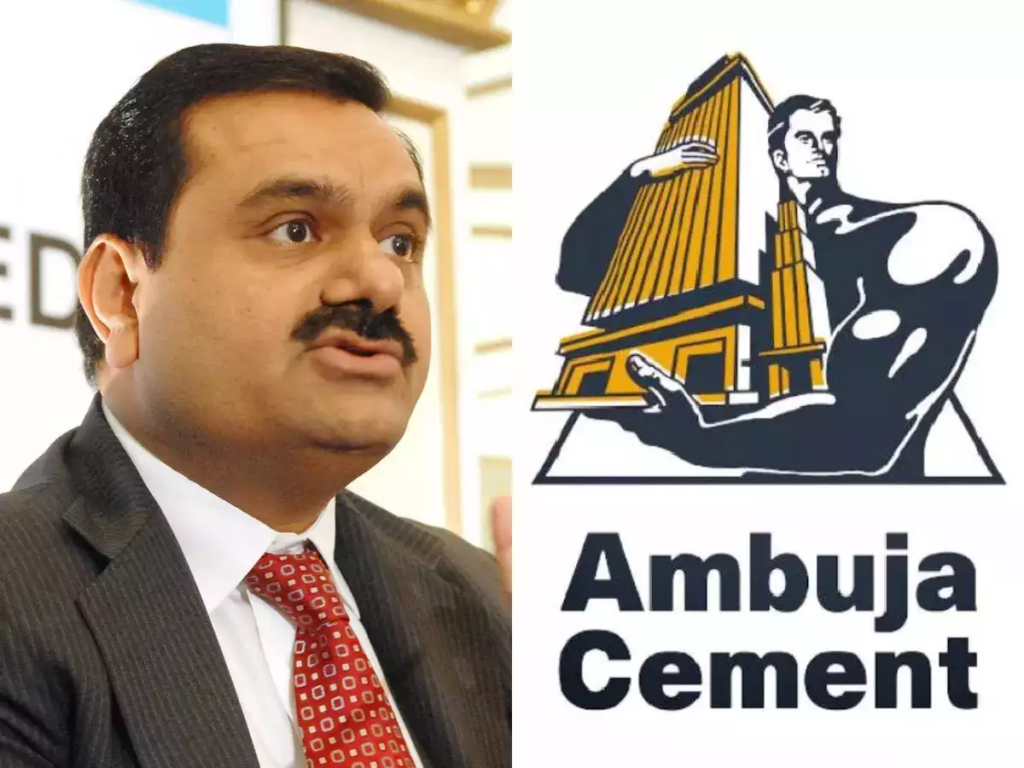Adani Group-owned cement and building material company, Ambuja Cements, has committed to invest Rs 6,000 crore in renewable power projects. It is targeting a capacity of 1,000 MW. It aims to transform into a global leader in sustainable cement production.

The investment encompasses a portfolio mix of solar and wind power projects in Gujarat and Rajasthan, the company said in a filing. “The lineup includes a 600 MW solar power project and 150 MW wind power project in Gujarat and a 250 MW solar power project in Rajasthan. This will be achieved by FY 2026 (200 MW by March 2024) in addition to the existing 84 MW of solar and wind power,” the company stated.
This comes after the Gautam Adani-led conglomerate announced that it would invest $100 billion in green energy transition over a decade. Five Adani portfolio businesses – Adani Green Energy, Adani Energy Solutions, Adani Ports & SEZ, ACC and Ambuja Cements – aim to become net zero by 2025 or earlier. These companies are actively changing the way they do things by sourcing renewables, electrifying operations and adopting biofuels etc.

Ambuja Cements’ investment also promises economic advantages to the company’s planned larger capacity of 140 MPTA. “With lower cost of generation from green power, the power cost will come down from Rs 6.46 per kWh to Rs 5.16 per kWh. A reduction of Rs 1.30 per kWh (20%), which translates into Rs 90 PMT of cement for targeted capacity of 140 MTPA by FY 2028, accelerating the company’s ESG targets,” it said.
Green power will also assist in enabling an increased supply of green cement, making it possible for the user industry to go green, it said.

Ajay Kapur, CEO, Cement Business, said, “We are not just aiming for a substantial increase in green power capacity but setting the stage for a transformative shift in the cement industry. They align not only with our growth trajectory but also with the national objective of de-carbonization and greener future and this helps us become competitive and sustainable.”
The company is also enhancing its Waste Heat Recovery Systems (WRS) capacity from its current 103 MW to 397 MW over the period of five years, further reducing the power cost.


